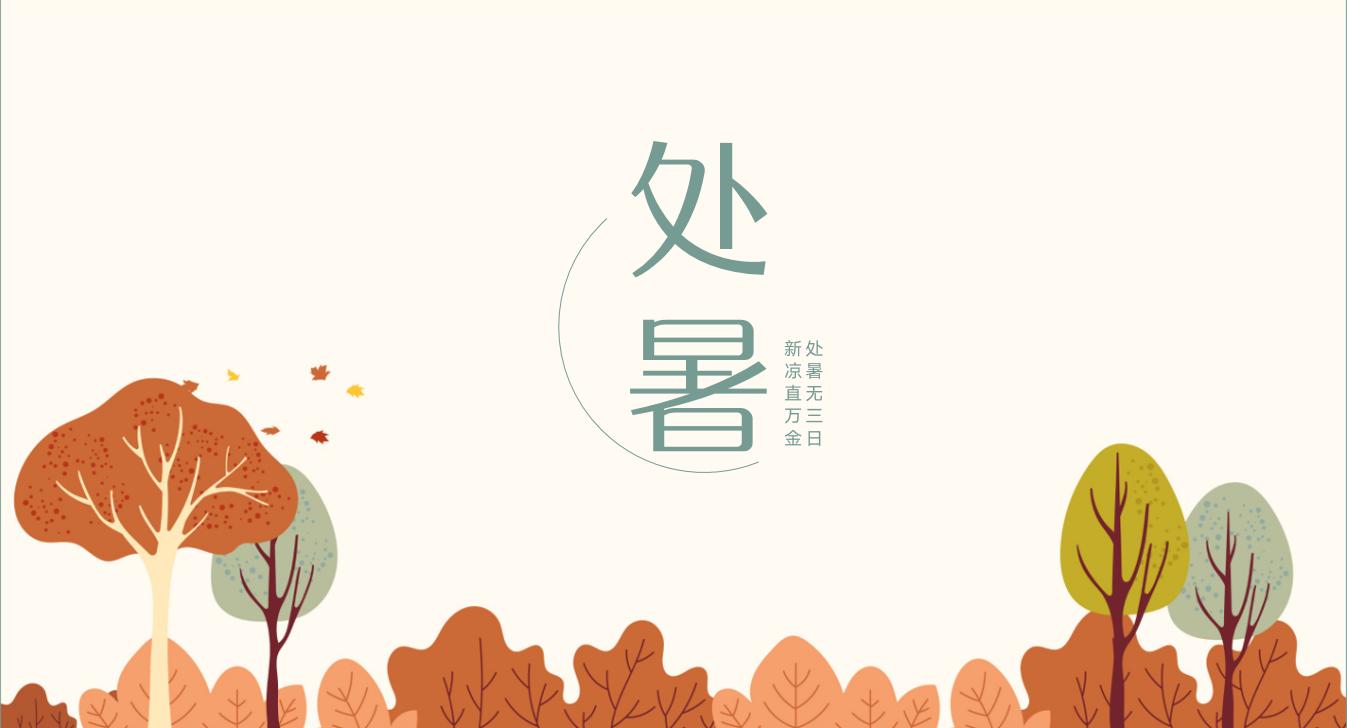Editor's note: The 24 Solar terms are an ancient Chinese calendar used to guide farming. They are the crystallization of the accumulated experience and wisdom of the working people of the Chinese nation. Since ancient China was an agricultural society, people required a strict understanding of the sun’s movement, and farming was conducted entirely according to the sun as well. Therefore, the “24 solar terms”, which reflects the sun’s movement cycle, were added to the calendar as the standard for determining leap months. The 24 solar terms are: Start of Spring, Rain, Awakening of Insects, Spring Equinox, Qingming festival, Grain Rain, Start of Summer, Grain buds, Grain in Ear, Summer Solstice, Minor Heat, Major Heat, Start of Autumn, End of Heat, White Dew, Autumn Equinox, Cold Dew, Frost’s Descent, Start of Winter, Minor Snow, Major Snow, Winter Solstice, Minor Cold and Major Cold. On November 30, 2016, China’s “24 Solar terms” were officially inscribed on UNESCO’s Representative List of intangible Cultural Heritages of Humanity. We have introduced this 24 Solar terms column to bring you a taste of the beauty of traditional Chinese culture.
The first day of the last week of August represents the end of summer. The End of Heat, which we call “Chushu” in Chinese, signals the end of summer and the arrival of autumn cool. “Chu” indicates concealment and an end, while “shu” refers to summer.

End of Heat
The 24 solar terms originate from Huanghe region. People during Warring States Period formulated them according to mid-summer, mid-spring, mid- autumn and mid-winter. In the Qin and Han dynasties, people completed their formulation of the solar terms. Ancient people used them to organize their agricultural activities, fishing, and even their general life schedule. The rains decrease with the arrival of End of Heat. This meant it was time for farmers to harvest their rice, vegetables and cotton in the south.
Many ancient customs existed to celebrate this occasion. People lit river lamps, each river lamp had meaning to families and friends. These lamps were always made to resemble the lotus, because the Chinese name of lotus is “He Hua”, “Hua” means flower while people believed “He” represented reunion and happiness.
In coastal regions of Zhejiang, people would hold the “Kaiyu” Festival to celebrate the fishermen’s departure, as the best fishing times come just after the End of Heat. In other regions, local people had the custom of eating ducks during the End of Heat. Because they believed ducks eliminated heat inside the body, they also created various dishes utilizing duck such as sliced duck, roast duck and lemon duck. Nowadays, people in Beijing still maintain this traditional custom, and when “Chu shu” comes, many local people in Beijing will go to shops and cook duck at home.

